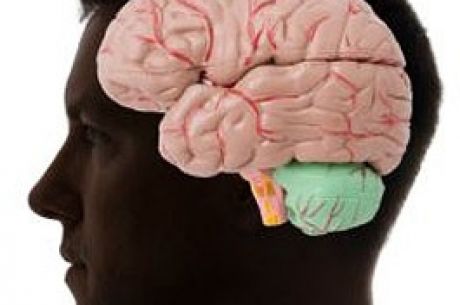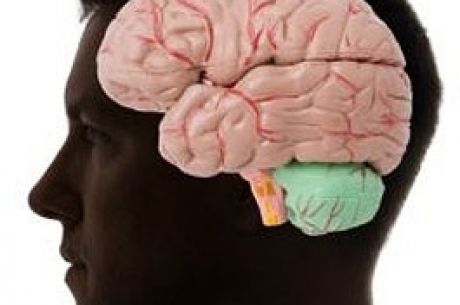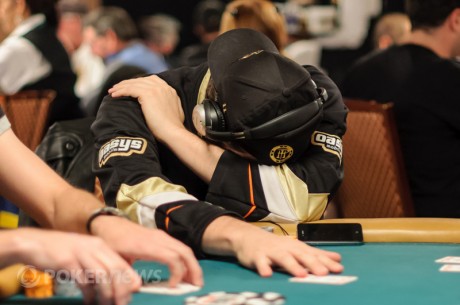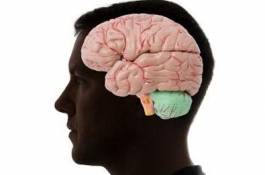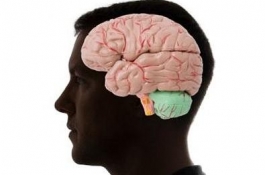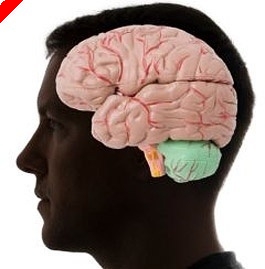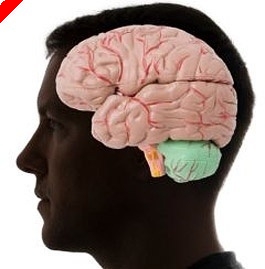The Poker Shrink, Vol. 49: Transference

One of the most common and most important aspects of psychological therapy is the concept of transference. In very basic language, there are times in our various relationships when we "transfer" our own needs, desires, and fears onto someone else. In therapy, the most common occurrence is when a patient either likes or dislikes their therapist. If someone reminds you of a loving parent or a nasty boss, you might also assume they have other qualities of that person; you transfer the feelings about one person to another. The key to any form of transference is that it is nearly always unconscious. As we all know, unconscious assumptions or actions at the poker table can cost us money, so transference during a game is something to be avoided.
You have to be careful, though. Transference and getting reads are not the same but they closely resemble one another. You hear a guy talking a bit of trash in a hand and when it plays out you find he was bluffing. Now that is a read you want to keep in mind, as he may be talking to cover up a bluff. However, his trash talking also reminds you of John that jerk that plays at lot at your local card room. John is a pain in the butt and no fun to play with but he does give away a lot of chips when he drinks, and this guy is drinking, too.
That second observation is transference; it is an emotional reaction. You have no factual basis that this current player will give away his chips like John does. You just don't like to play against John because he is, in your estimation, a jerk. Yes, this guy may be just as big of a jerk, but that does not mean he will play poker like John does. You have the first sign of an actual tell with his trash-talking on the bluff hand, but the rest of your information is about John, rather than this player; whatever you do, don't transfer one player's game onto another.
Transference need not be negative; in fact, in therapy the most common sign of transference is when a patient actually begins to like the therapist. Patients can even fall in love with their therapists. This is understandable, as when you tell your deepest secrets to someone and they listen and do not judge you, they then seek to support your feelings and help you make sense of them within the context of your life situation. It is only natural that on an unconscious level, patients often transfer very strong positive feelings onto someone they see in an office once each week. It's understandable, but is based on a clinical, not a social, relationship. Basing attraction on the artificial construction of the weekly client-therapist interaction is transference. The same can be said about the social contact at a poker table.
Someone talks with you about the stock market or your kids or basketball. You develop a kind of relaxed friendship and then you are in a big pot against them. If the "good" feelings you have towards this person changes how you play your hand, you are the victim of transference. Perhaps they were even having the conversation with you to gain that edge.
Now, I am certainly not suggesting that you not be friendly and conversational at the poker table. However, you definitely should not allow friendly banter and camaraderie to alter your game. The situation at a poker table is just as artificial as the therapy session, and remember that the key aspect to transference is that it is nearly always unconscious. If you are not aware you are missing that river bet to the friendly old guy in seat five or that you never check-raise the attractive young lady in seat two, then perhaps you need to take a long, hard look at how your unconscious is affecting your win rate. At the poker table your goal should be to transfer chips to your stack and that is the only transference there should be.

